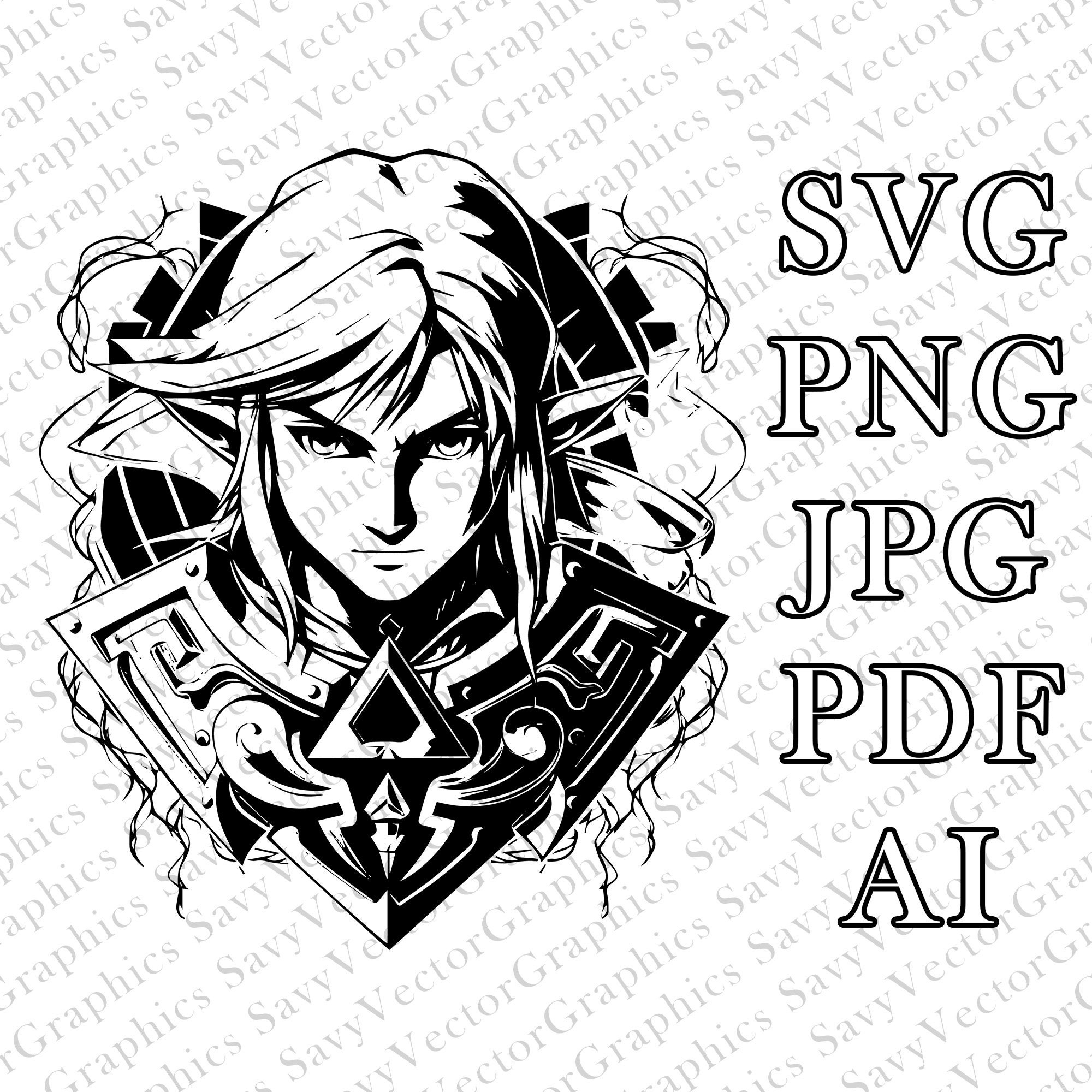Unveiling The Power Of Links: A Comprehensive Guide To Boost Your Online Presence
The concept of a link has revolutionized the way we interact with the digital world. From connecting websites to enhancing user experience, links play a pivotal role in shaping our online journey. Imagine navigating the vast expanse of the internet without the ability to click and explore further. Links serve as bridges, connecting users to relevant content and creating a seamless browsing experience. In today's digital age, understanding the nuances of links is essential for anyone looking to enhance their online presence and engage with a global audience.
As businesses and individuals increasingly rely on digital platforms for communication and information sharing, the importance of links cannot be overstated. They are the backbone of the internet, facilitating the transfer of data and enabling users to discover new content. Whether you're a content creator, marketer, or simply a curious internet user, mastering the art of link-building can significantly enhance your online visibility. This article delves into the intricacies of links, offering actionable insights and expert advice to help you harness their full potential.
From understanding the technical aspects of links to exploring their role in SEO and user engagement, this comprehensive guide aims to provide a holistic view of their significance. By the end of this article, you'll have a deeper appreciation for the power of links and how they can be leveraged to achieve your digital goals. Let's embark on this journey together, uncovering the secrets behind effective link strategies and their impact on online success.
Read also:Exploring The Life And Legacy Of Zahn Mcclarnons Wife
What Exactly Is a Link?
A link, often referred to as a hyperlink, is a clickable reference to another document or resource on the internet. It serves as a gateway, allowing users to seamlessly transition from one webpage to another. Links come in various forms, including text links, image links, and buttons, each designed to enhance user interaction and engagement. Understanding the fundamental nature of links is crucial for anyone looking to optimize their digital content and improve user experience.
Why Are Links Important for SEO?
In the realm of search engine optimization (SEO), links play a vital role in determining a website's ranking and visibility. Search engines like Google use links as a key indicator of a website's relevance and authority. When other reputable sites link to your content, it signals to search engines that your site is a valuable resource worth exploring. This, in turn, can boost your search engine rankings and drive more organic traffic to your site.
How Do Links Impact User Experience?
Links not only enhance SEO but also significantly impact user experience. By providing users with easy access to relevant content, links streamline the browsing process and make navigation more intuitive. A well-structured link strategy ensures that users can quickly find the information they need, reducing bounce rates and increasing engagement. Furthermore, links can be used to create a cohesive narrative, guiding users through a journey of discovery and learning.
Can Links Be Used for Marketing Purposes?
Affiliate marketing and promotional campaigns heavily rely on links to drive traffic and generate leads. By embedding links in emails, social media posts, and blog articles, businesses can direct users to their products or services. This form of digital marketing not only increases brand awareness but also fosters trust and credibility. When used effectively, links can be a powerful tool for driving conversions and boosting sales.
What Are the Different Types of Links?
Links come in various forms, each serving a unique purpose. Internal links connect different pages within the same website, enhancing navigation and user engagement. External links, on the other hand, direct users to external resources, enriching content and providing additional value. Anchor text links use descriptive text to guide users to specific sections of a page, improving accessibility and usability. Understanding the different types of links and their applications is essential for creating a robust digital strategy.
Is Link Building Still Relevant in 2023?
Despite the ever-evolving landscape of digital marketing, link building remains a cornerstone of successful SEO strategies. By establishing high-quality backlinks from reputable sources, websites can improve their search engine rankings and attract more organic traffic. However, it's important to approach link building with caution, avoiding unethical practices that could harm your site's reputation. Instead, focus on creating valuable content that naturally attracts links and resonates with your target audience.
Read also:Unveiling The Truth About Hdmovies4u Vip Your Ultimate Guide To Streaming
How to Create Effective Links?
Creating effective links requires a strategic approach that considers both user experience and SEO best practices. Start by selecting relevant anchor text that accurately reflects the content being linked. Ensure that the linked pages are optimized for search engines and provide value to users. Additionally, consider the placement and context of links, ensuring they enhance the overall flow of your content. By following these guidelines, you can create links that not only drive traffic but also engage and inform your audience.
What Role Does Link Quality Play in SEO?
Link quality is a critical factor in determining a website's SEO performance. High-quality links from reputable sources carry more weight than low-quality links from spammy websites. Search engines evaluate the relevance, authority, and trustworthiness of linking sites to determine their impact on rankings. Therefore, it's essential to focus on acquiring links from authoritative sources that align with your niche and target audience. This not only improves your SEO but also enhances your credibility and reputation in the digital space.
Can Broken Links Harm Your Website?
Broken links can negatively impact both user experience and SEO. When users encounter broken links, it creates a frustrating experience that may lead to higher bounce rates and reduced engagement. Similarly, search engines view broken links as a sign of poor website maintenance, which can result in lower rankings. To prevent this, regularly audit your site for broken links and promptly address any issues. Implementing a robust link management strategy can help maintain a healthy website and ensure a seamless user experience.
Final Thoughts on Links
In conclusion, links are an indispensable component of the digital ecosystem, playing a crucial role in SEO, user experience, and online marketing. By understanding their importance and implementing effective link strategies, you can enhance your online presence and achieve greater success. Whether you're optimizing your website for search engines or engaging with your audience through compelling content, links provide the foundation for a thriving digital presence. Embrace the power of links and unlock new opportunities for growth and expansion in the digital realm.
Table of Contents
- What Exactly Is a Link?
- Why Are Links Important for SEO?
- How Do Links Impact User Experience?
- Can Links Be Used for Marketing Purposes?
- What Are the Different Types of Links?
- Is Link Building Still Relevant in 2023?
- How to Create Effective Links?
- What Role Does Link Quality Play in SEO?
- Can Broken Links Harm Your Website?
- Final Thoughts on Links
Article Recommendations


